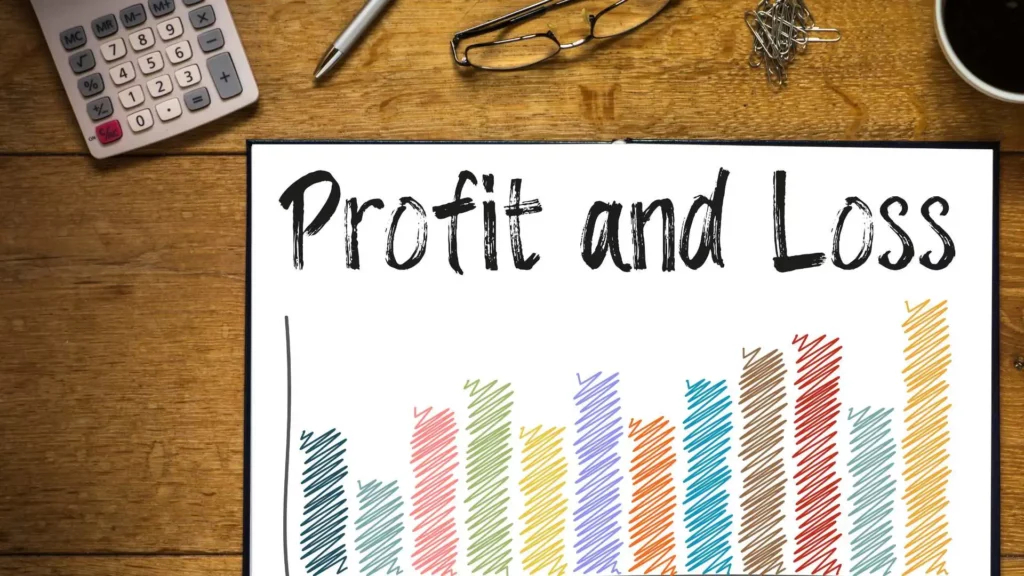People often feel stuck in the choices of paying off debt or when to invest for the long term — What if we told you, you can do both? To do that, we have curated a list of all the advice from experts that you will ever need to kickstart the debt-free and diversified financial portfolio lifestyle. Keep reading to find out how!
Define your monthly earnings
To invest, you need to find out if your financial conditions also support it.
Hence, you have to create a budget that aligns with our goals and that has some space for both investing and paying off the debts that you owe. Experts say that once you create the budget, you can assign some of the amounts towards investment.
There is a notion that budget restricts your movement, but that is hardly the case. A budget is just a systematic approach that enables you to spend on what is important first and regulates where your money goes.
If you find very little money to contribute towards investing amidst the preparation of your budget, you can cut down an expense or two which are not much critical to the acquisition of your goals and direct it towards investing.
You should follow the 50/30/20 rule where the 50% salary is for expenses, rent, and debt. 30% is for entertainment and enjoyment, and the other 20% goes towards investing and saving.
Refinance your debt for investment
To increase the money you have for your investment, a good option is to refinance your debt, after the assessment. To paint a clear picture, make a pros and cons list to see if this is a feasible option for you.
Experts think that this idea is great, but it is not very certain. Hence, if it does not work out for you on paper, it’s better to avoid refinancing and going into more debt.
If you refinance a federal student loan, you can lose certain privileges like qualification for the Public Service Loan Forgiveness, or income payment plans. However, refinancing credit card debt or student loans is a more ideal option since it cuts on your term length and also helps to get rid of the loan quickly.
You can also consult the best option by contacting the loan provider and lenders.
Since financial information and changes are sensitive, you should always ensure that you are keeping a track of all the dialogue exchange that happens, either by recording or by noting it down. This helps to keep a record of the loans that you have, the balance you have to pay, etc,
In case you update your monthly installments, pause your payments, or have a new interest rate, you will have the ripple effect which tends to increase your loan balance subliminally.
This also happens with investing. If you invest today, you will see the ripple effect in the future as it grows your money and you work on getting out of debt.
Start before it’s too late
You can invest in various ways while you pay your debt. This can be done via financial advising frisk, automatic investing applications, 401(k), and other employer-sponsored plans. These choices may be a lot to take on at once, but it’s good to know that you can have a lot of options to grow your wealth.
Hence, you should start instead of fretting. Many people invest via 401(k) and you can inquire with your investor to find out where you can enroll in it. And if you work 9-5, this might be the right choice for you.
You might even be allowed to match the 401(k), which means the employer will be freeing up money for your retirement. While investing in a 401(k), you should think of yourself as an investor.
Experts say that in the beginning, this might not bring very significant results, but investing and consistency is the ultimate combination that yields good results even when you start with a small amount of $50. You can start with low-cost alternatives like index funds which are low risk and need low expertise as well.
You should see what’s easy for you and start with that, and keep learning as you go.
Be mindful using retirement money to pay off debt
Using your 401(k), or employee-sponsored program to pay the debts is a risky road. For example, if you decide to quit your current job, the money in 401(k) that you borrowed becomes overdue, and you will be stuck in limbo.
You have to offset the risk of paying back your money which will also reduce your emergency funds. Using your investment money to pay off your debt is a very rare occurrence. Here is a list of considerations that you should make before taking out the investment money:
- Is there any other way to pay off the debt?
- What kind of debt is it?
- Is this a recurring debt?
- How many times do we have to pay this debt?
- Is it a one-time need or repetitive?
- What is the amount?
- Do you want to stay at this job for a long time or are you changing roles as soon as possible?
You should also consult a financial advisor before you use your retirement account funds to pay off your debt and prepare to invest accordingly.

























